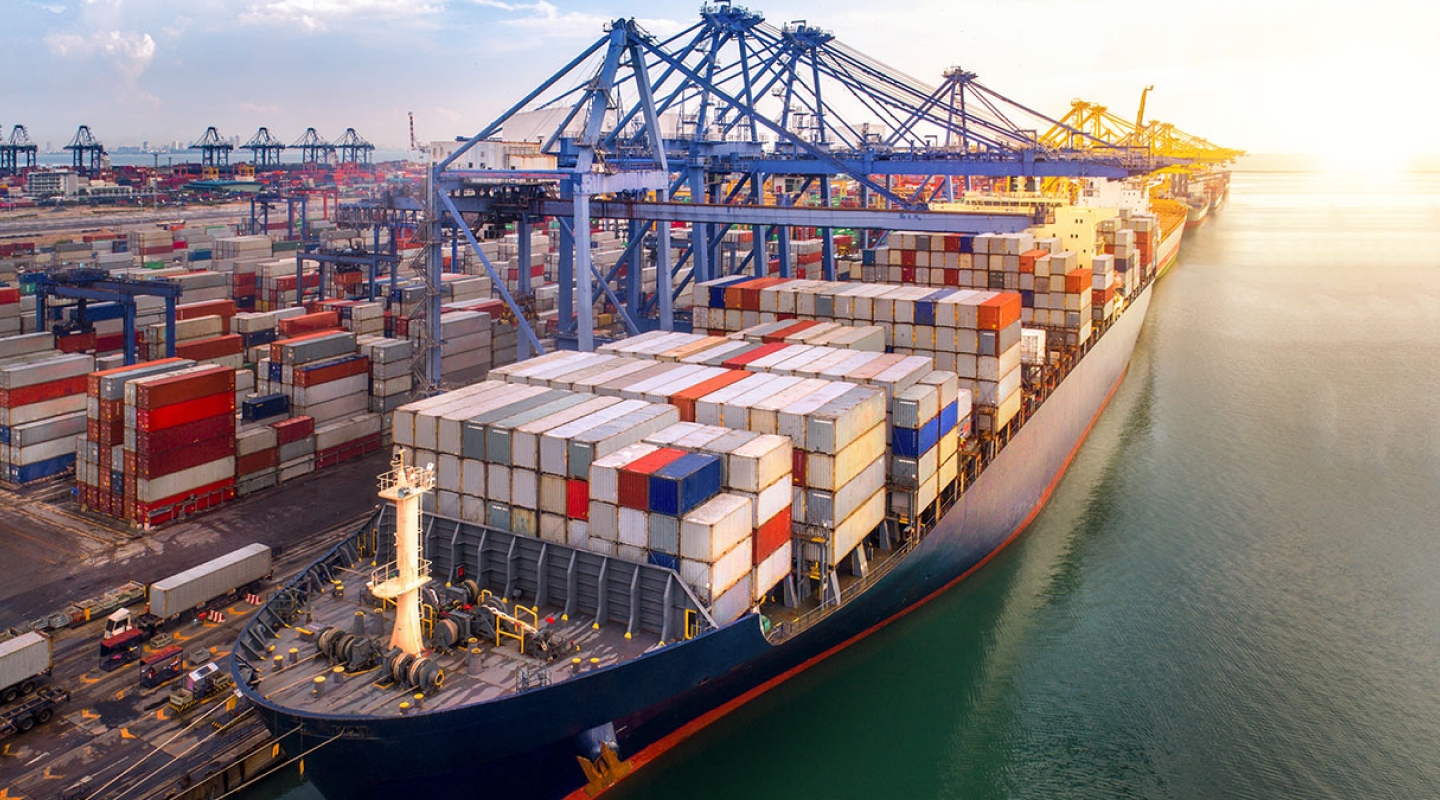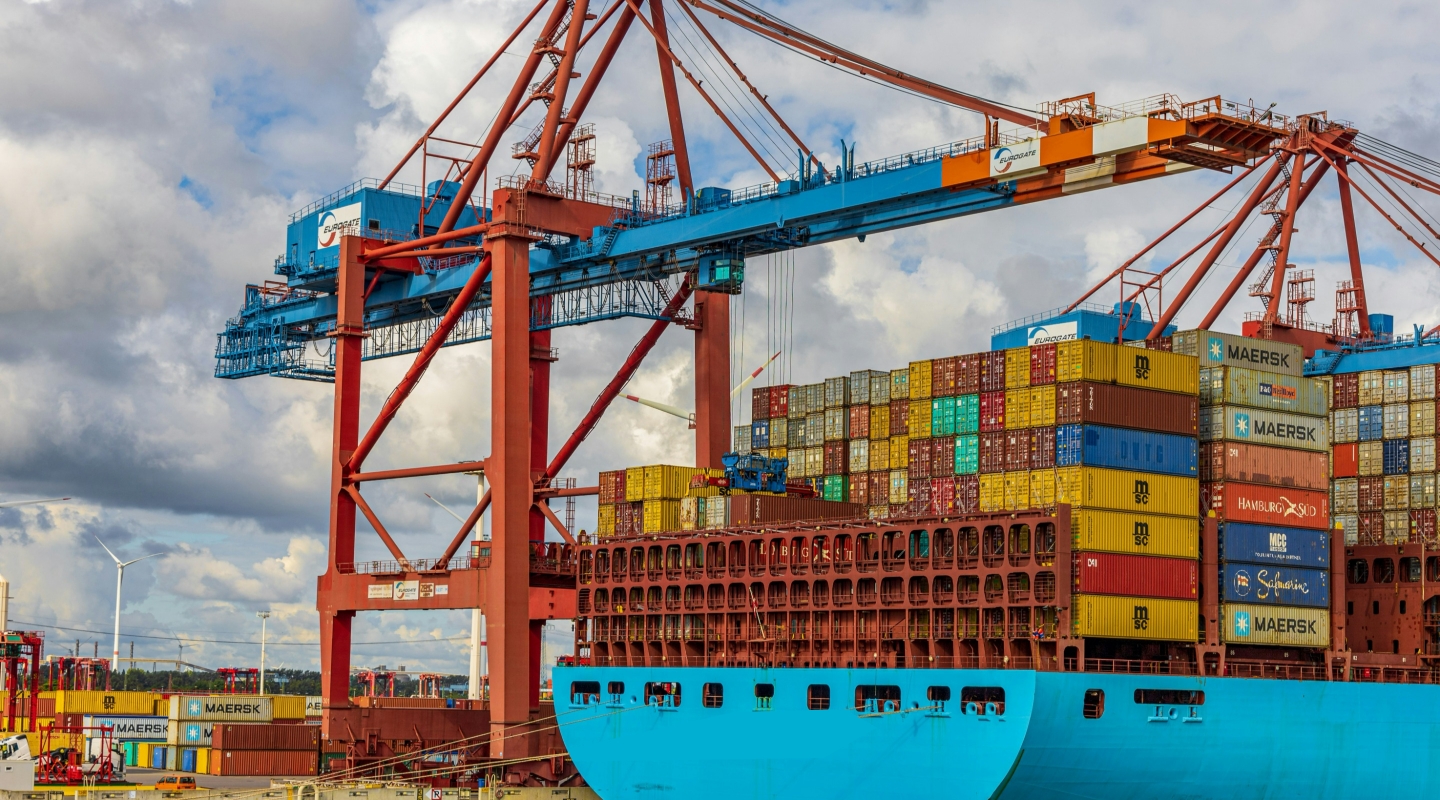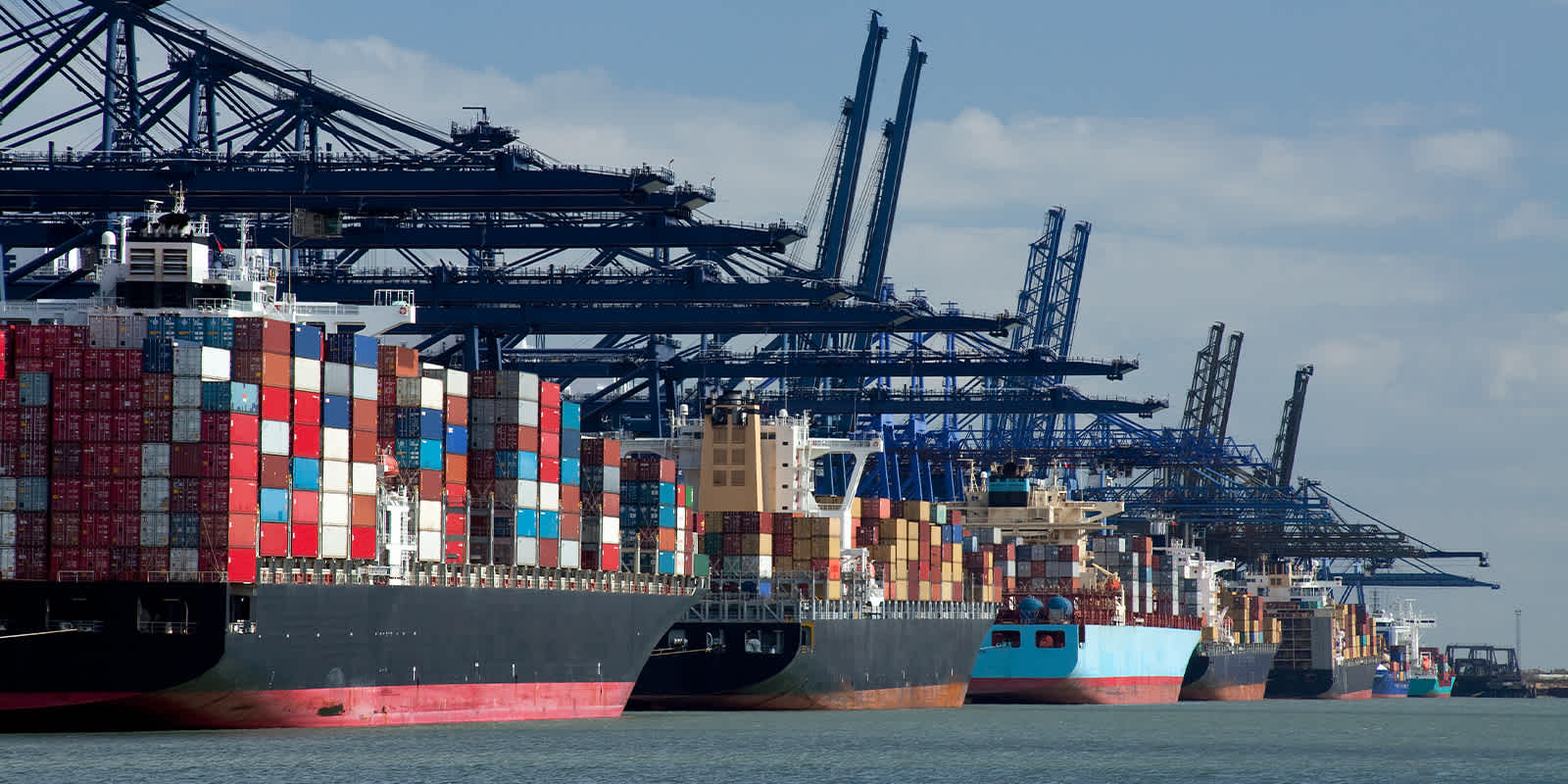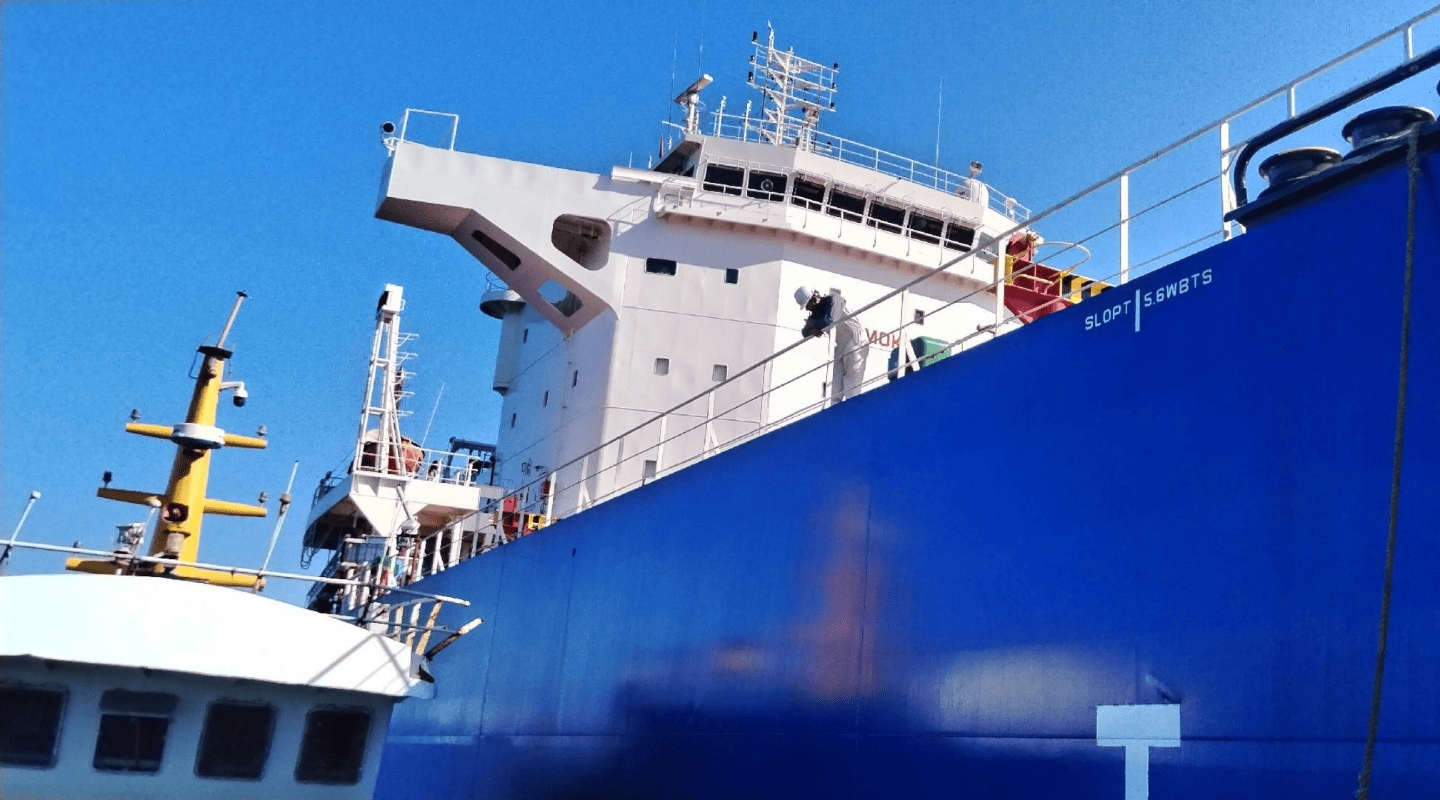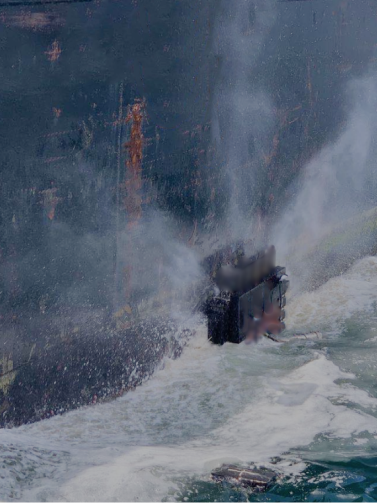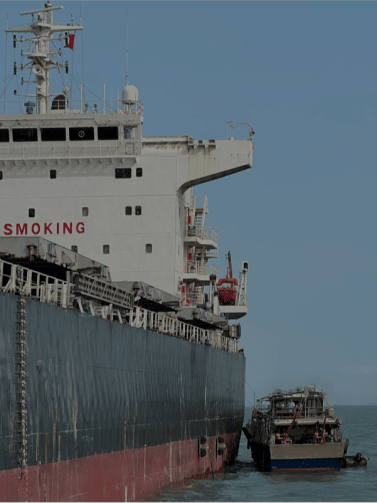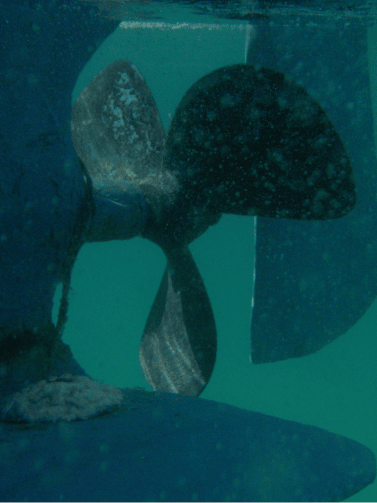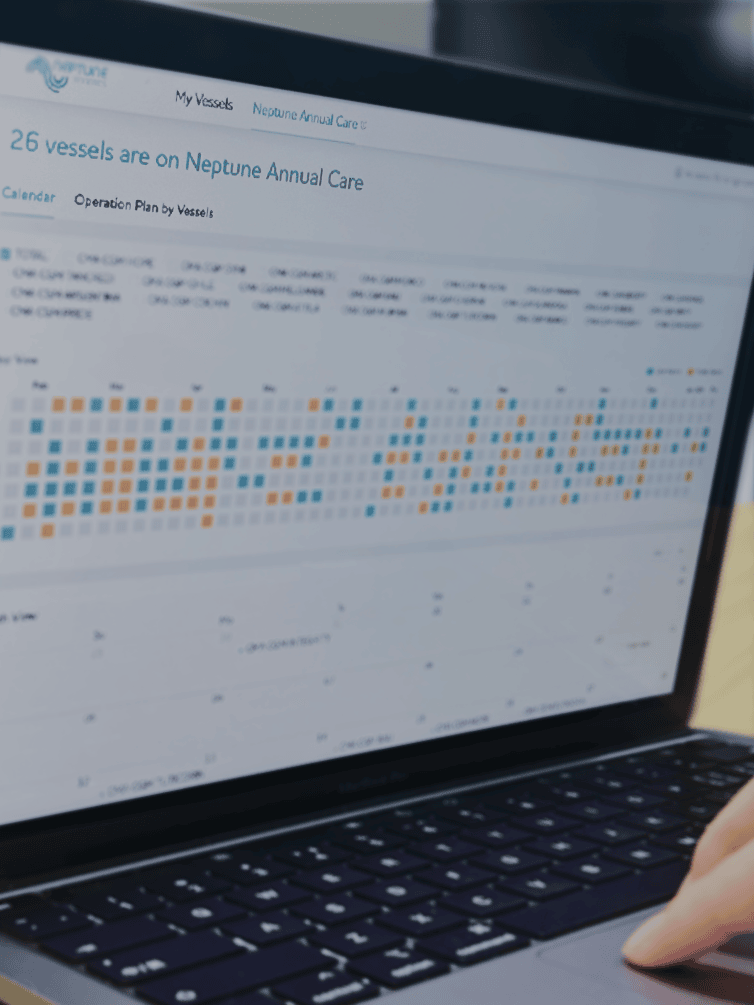According to market reports, last week, Maersk signed a letter of intent with Yangzijiang Shipbuilding (Houldings) Ltd for the construction of 8+4 methanol-powered 8,000 TEU container ships. With this, Maersk’s new orders for methanol-fueled container ships have reached 27.
In fact, besides Maersk, other major shipping companies have been continuously placing orders over the past two years for the construction of new ships using alternative fuels such as methanol.
These new fuel ships are not only expensive to build but also use alternative fuels that are several times the price of traditional fuels. Clearly, shipping companies are willing to spare no expense to meet the industry’s decarbonization goals.
At the same time, the impending European Union Emissions Trading System (EU ETS) carbon quota regulations for ships and the taxation of traditional marine fuels starting in 2025 continue to increase the decarbonization cost pressure on the shipping industry…
01-Decarbonization depends on “Spending Money”
Industry: Limited Choices
Bud Darr, Vice President of Mediterranean Shipping, issued a warning that the prices of any alternative fuels used in the future will be higher than the costs incurred in the past. Considering infrastructure construction and delivery costs, the price increase for fuels is expected to be 2 to 8 times the current standards.
At the same time, to encourage all shipping companies to use green fuels, the European Union Emissions Trading System (EU ETS) has introduced ship carbon quotas (currently 100 euros per ton of carbon dioxide) and plans to tax traditional marine fuels starting in 2025.
Shipping analysis firm Drewry stated that if more environmentally friendly fuels are not used, the fuel and carbon tax costs for a 40-foot container from Asia to Europe will increase by 35%.
In other words, ships still using fossil fuels not only face operational risks due to the low carbon intensity rating imposed by IMO but also will incur higher operating costs in the near future. Therefore, despite the high cost of building and operating new fuel ships, industry participants do not have many other choices.
02-High Inflation in Europe and America
No One Pays the Shipping “Carbon Fees”
According to a report from Danish business media Finans, the shipping industry will have to pay up to $300 billion to achieve its 2050 green energy transition goal.
Although industry insiders believe that this decarbonization funding will ultimately come from end consumers, Erlend Sommerfelt Hauge, Executive Partner of ship financing company Oceanis GmbH, stated that very few are actually willing to pay extra for more environmentally friendly alternatives.
Especially in the current high inflation environment in Europe and America, consumers are not ready to pay additional costs for shipping decarbonization. “A few shipping companies have already tried to do this. In fact, the real end-users are not paying the green premium,” said Erlend Sommerfelt Hauge.
03-Under Heavy Pressure
How Can Shipping Companies Save Themselves?
With the world economy growing sluggishly and the maritime market continuing to slump, shipping companies must actively seek more feasible decarbonization methods that can reduce costs and increase efficiency to save themselves, especially in the face of increasingly stringent environmental regulations.
Regardless of the choice, improving vessel efficiency and reducing fuel consumption is one of the ultimate paths to decarbonization in shipping. This not only significantly saves fuel costs but also directly reduces carbon emissions.
Studies show that a significant portion of ship fuel is used to overcome the resistance between the ship’s hull and water, up to 90%. Therefore, in the industry, hull cleaning to remove biofouling and reduce friction between the hull and water has become one of the basic decarbonization methods for many shipowners.
Neptune Robot Ship Inspection and Cleaning Service, operating underwater while ships are anchored or docked, breaks through the limitations of water conditions, weather, and time, thoroughly removing biofouling without damaging the ship’s paint. Through hull inspection data and image and an intelligent online platform, it helps shipowners manage and maintain their fleets more conveniently.
As a company that operates in the ports with the most operations domestically and is the only one capable of providing services in both clear water and turbid water, Neptune has become the choice of many shipping companies, including the world’s top five shipowners, and has earned high praise from customers.
He who does not advance loses ground. Regardless of whether shipping companies approach decarbonization from the perspective of industry decarbonization or from the perspective of competition and survival, they need to actively promote fleet management measures such as hull cleaning to save fuel consumption and pave a smoother and more long-term “decarbonization path.”

